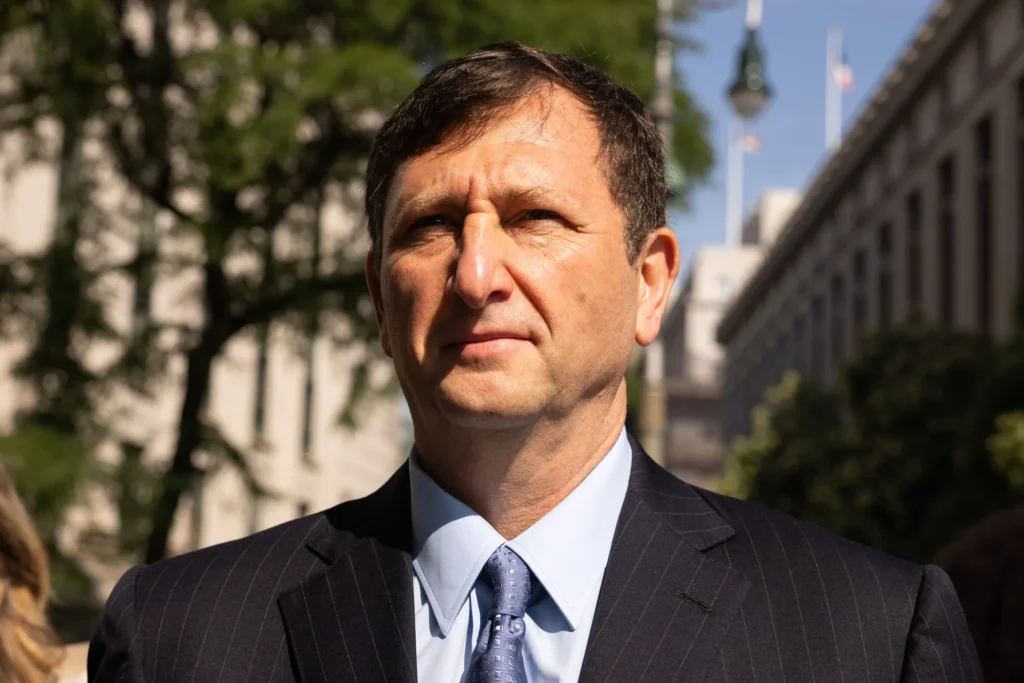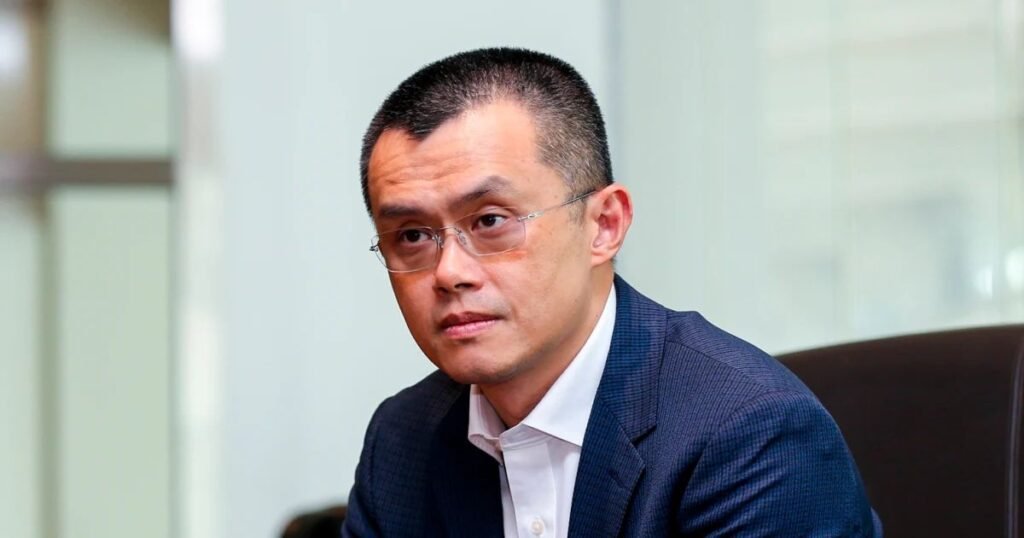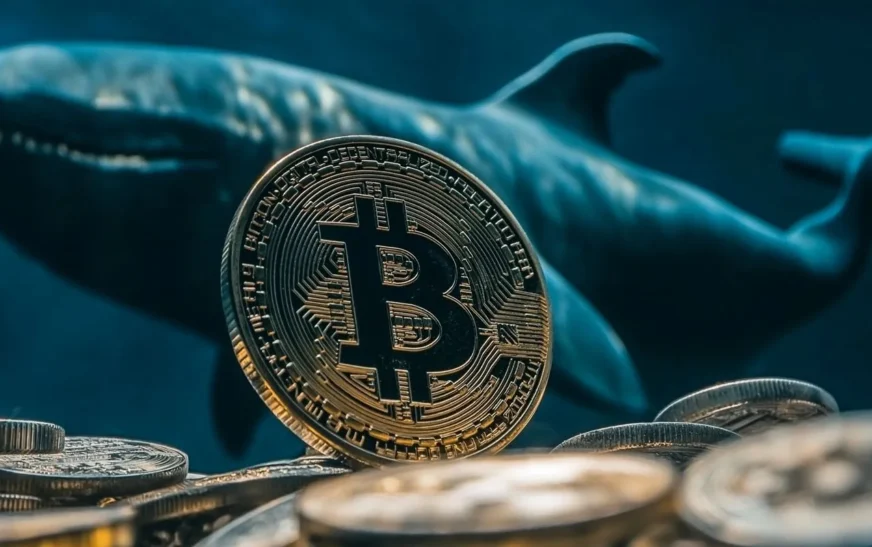Once the poster children of digital innovation and financial revolution, several high-profile crypto executives now find themselves navigating prison corridors instead of trading platforms. The sentencing of Celsius Network’s former CEO, Alex Mashinsky, to 12 years in prison marks yet another dramatic chapter in a series of crypto collapses that have shaken the foundations of the digital asset industry.
The downfall of Celsius was not an isolated incident but part of a cascading collapse that has engulfed numerous companies and their leaders from Sam Bankman-Fried of FTX to Do Kwon of Terraform Labs, and Changpeng Zhao of Binance. Collectively, these cases have exposed a troubling pattern of fraudulent practices, deceptive marketing, and unchecked ambition that has left millions of investors in financial ruin.
Alex Mashinsky: From Crypto Banker to Convicted Fraudster
Alex Mashinsky, once hailed as a visionary for pioneering a platform that allowed users to earn yield on crypto deposits, was sentenced to 12 years in federal prison after pleading guilty to commodities fraud and token manipulation. The charges stemmed from a sweeping scheme that saw Mashinsky mislead investors about the safety and profitability of Celsius’s operations while secretly cashing out tens of millions in personal holdings.

His legal troubles started in 2023 following a multi-agency crackdown. In addition to criminal charges, Celsius faced a historic $4.7 billion settlement with the Federal Trade Commission (FTC), one of the largest in its history. That settlement remains conditional upon the return of customer funds in ongoing bankruptcy proceedings.
Mashinsky’s courtroom fate, sealed in Manhattan’s Southern District, echoes the legal reckoning faced by many of his crypto peers. Prosecutors described his actions as not only deceptive but calculated, with Celsius’s promotional claims standing in stark contrast to its internal financial chaos. By 2025, the platform had emerged from bankruptcy, but investor trust remains shattered.
Sam Bankman-Fried and the FTX Catastrophe
If Mashinsky’s case was a thunderclap, then Sam Bankman-Fried‘s was a full-blown hurricane. Once dubbed the “golden boy” of crypto and a frequent guest in Washington’s regulatory discussions, Bankman-Fried was sentenced to 25 years in prison in March 2024. The FTX founder was convicted of orchestrating one of the largest financial frauds in modern history.

Through a labyrinth of shell companies, misappropriated customer funds were funnelled into Alameda Research, FTX’s trading arm led by Caroline Ellison, with whom Bankman-Fried shared both business and romantic ties. Ellison’s decision to cooperate with authorities resulted in a lighter sentence of two years, and her testimony was pivotal in exposing the intricate deception.

Several other FTX executives also saw their day in court. Nishad Singh and Gary Wang escaped prison but received supervised release, largely due to their cooperation. Ryan Salame, another key executive, was sentenced to 90 months in prison. Despite the criminal chaos, the FTX bankruptcy estate announced in May 2024 that almost all customers would recover their funds — a rare silver lining in a dark saga.
Interestingly, celebrity endorsers of FTX — including Tom Brady, Gisele Bündchen, and Stephen Curry — were mostly let off the hook, as a judge dismissed major claims against them in 2025.
Binance and Changpeng Zhao: Guilty, But Still in the Game
Changpeng Zhao, widely known as “CZ”, was once the most powerful figure in global crypto. In November 2023, he agreed to step down as CEO of Binance as part of a plea deal with U.S. regulators. Charged with enabling money laundering through lax oversight, Zhao pled guilty and was sentenced to four months in prison, served in a low-security facility in California.

Despite his conviction, Zhao maintains a significant ownership stake in Binance, which has undergone strategic leadership changes. Under new CEO Richard Teng, Binance has pivoted towards tighter regulatory compliance and a more politically aligned stance with Donald Trump’s pro-crypto policies during his second presidential term.
While the penalty may appear light compared to others, the reputational damage to Binance remains considerable. However, it appears to be weathering the storm, especially with a more cooperative regulatory posture in the U.S. market.
Terraform Labs: The Collapse Heard Around the Crypto World
Long before FTX’s implosion, Terraform Labs and its founder Do Kwon triggered one of the earliest and most catastrophic events in the crypto sector. In May 2022, Terraform’s algorithmic stablecoin, TerraUSD, lost its peg to the U.S. dollar, wiping out $40 billion in market value virtually overnight.

Unlike traditional stablecoins backed by reserves, TerraUSD relied on a complex code-based arbitrage mechanism with its sister token, LUNA. When investor confidence faltered, the system collapsed in a death spiral, dragging down several major players in its wake — including Three Arrows Capital (3AC), Voyager Digital, BlockFi, and eventually FTX.
In January 2025, Do Kwon was extradited to the U.S. from Montenegro to face fraud charges. By then, he and Terraform Labs had already reached a $4.5 billion settlement with the SEC. His extradition closed a tumultuous chapter that saw crypto valuations plunge and forced widespread regulatory calls across jurisdictions.
Unanswered Questions and the Road Ahead
As the dust begins to settle, one truth becomes apparent: the crypto industry is undergoing a fundamental reckoning. What was once pitched as a decentralised utopia free from the failures of traditional finance has, in many cases, replicated — and even amplified — the very vices it sought to eliminate.
Institutions like BlackRock are still moving ahead with crypto ambitions, recently meeting with the U.S. SEC to discuss staking rules, tokenisation, and the future of crypto ETFs. Their engagement signals that institutional interest hasn’t vanished — but it now comes with demands for clarity and safety.
Meanwhile, regulators have hardened their stance. The SEC, FTC, and CFTC have moved beyond just issuing warnings; they’re holding people accountable, clawing back billions, and forcing platforms to reimagine compliance frameworks.




















































